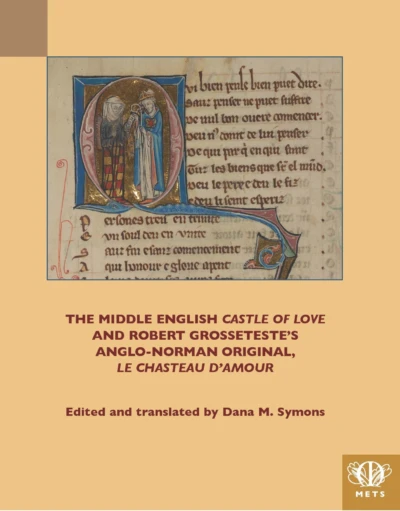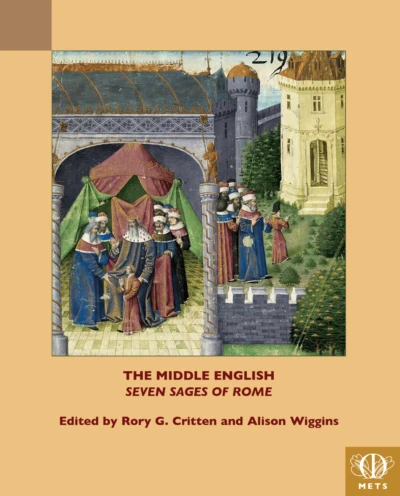Welcome to METS, the Middle English Texts Series.
METS needs your help, today. Since 1989, we have expanded the boundaries of our understanding of medieval literary traditions and cultures through our ever-growing collection of open access and affordable texts. Our new website and digital reader, launched in November 2024, have enhanced our long-standing goals to support groundbreaking scholarship, ensure access, and enable teaching and learning.
We have been able to do this through the generous support of the National Endowment for the Humanities, whose grants were our source of funding for staff salaries. With our recent and sudden funding loss due to NEH grant terminations, our work is in jeopardy. If every person who uses our site donated just $10, we would be well on our way to being fully self-supported.
Please donate today: every dollar you give will go directly toward staff salaries, and will help us ensure that these texts remain accessible to readers around the world.

Recent Edition
The Middle English Castle of Love and Robert Grosseteste's Anglo-Norman Original, Le Chasteau D'Amour
This new edition of the Middle English Castle of Love pairs this fourteenth-century poem with its Anglo-Norman source: Le château d’amour, written by English philosopher and theologian Robert Grosseteste in the early thirteenth century. Grosseteste’s poem begins with an influential interpretation of the allegory of the Four Daughters of God before deploying another allegory: that of the Virgin Mary as the Castle of Love protecting the Incarnation of Jesus. These twinned allegories drive the poem’s central theme of salvation history as Jesus, recast as the king’s son, volunteers to trade places with the castle’s prisoner, the biblical forefather Adam, imprisoned by original sin. Described by historian R. W. Southern as “the most complete outline of Grosseteste’s theology” available, the Castle of Love also showcases Grosseteste’s talents for biblical allusion, architectural imagery, romance motifs, and knowledge of feudal structures and legal principles, all marshaled in service of this striking work.


Coming Soon
The Middle English Seven Sages of Rome
The Middle English Seven Sages of Rome was translated from French ca.1300 by an anonymous writer whom scholarship locates in London. The text relates a tale-telling competition between parties arguing for and against the execution of Florentine, the emperor of Rome’s son. The emperor’s second wife wants Florentine dead because he threatens her position at court; she tells tales of usurping sons and untrustworthy counsellors. In response, the sages tell tales of perfidious wives and the dangers of haste. The emperor vacillates until his son speaks in his own favor and the contest is decided. The frame narrative of the Seven Sages originates in eighth-century Persia; during the Middle Ages it was translated into all the vernaculars and Latin. This edition makes the Middle English poem newly available to students and researchers interested in topics including medieval misogyny, east-to-west cultural transfer, and the history of the exemplum and exemplary writing.
Publish with METS
Help shape the field of medieval studies through publishing with METS. Find the information you need about the entire editorial process, from initial proposal to print and digital publication.

Sign up for our Newsletter
We will be sending out a newsletter 3 to 4 times per year with information about new publications, any upcoming conference appearances, new developments on our website, and more.